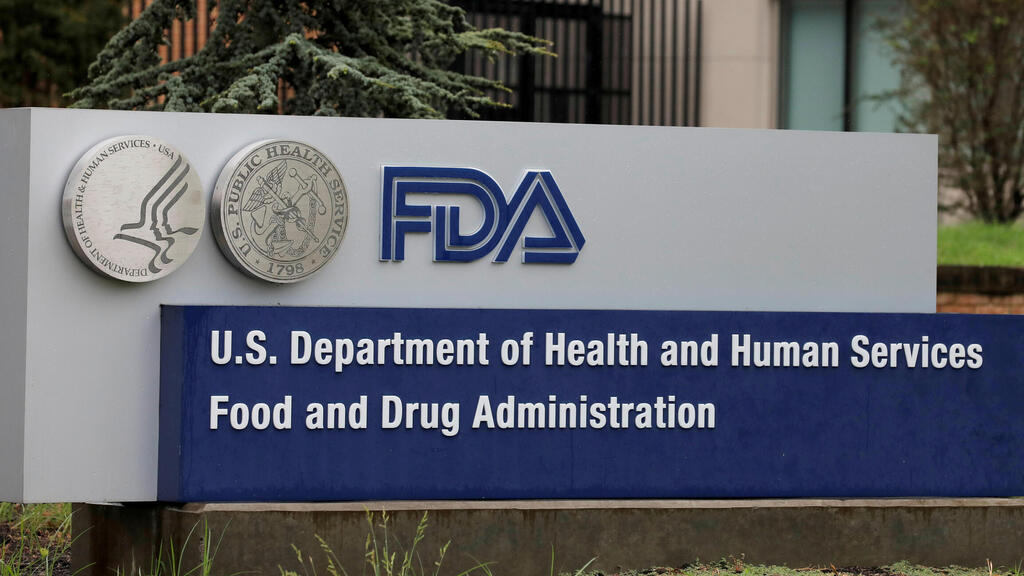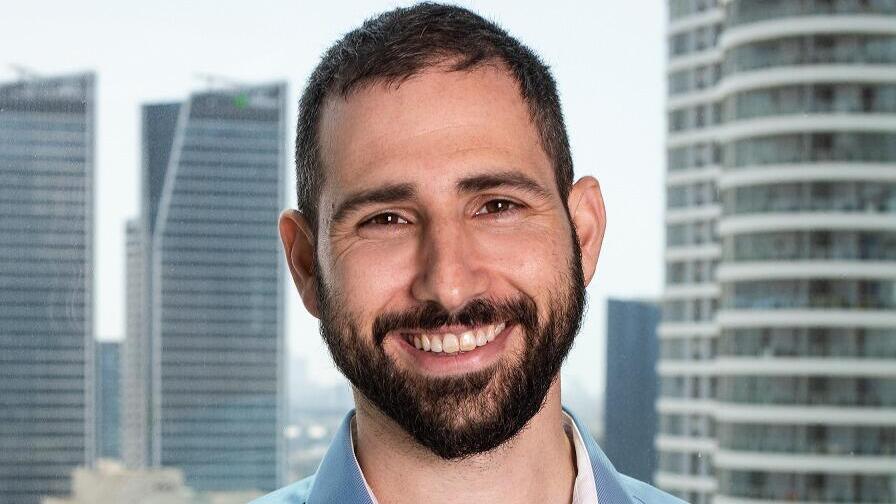At a time where detractors of Israel seem to be one chorus after another of the blind leading the blind, Israeli founder and CEO Zack Dvey-Aharon believes that AEYE Health’s innovation “will prevent the blindness of millions of people in the U.S. and around the world”.
It's quite the claim. Preventing blindness for millions globally, and through AI technology no less?
"My mind boggles contemplating the kind of journey and risks which would have been undertaken to arrive at this point, and I’m not just talking about innovating working technology. Having interviewed several medical tech startups as well as being personal friends with another few founders in that field, I know just how daunting a prospect it is knowing that at the end of development and innovation cycles, and the end of clinical trials, receiving approval from the Federal Food and Drug Association (FDA) responsible for protecting public health by assuring the safety, efficacy, and security of medical devices the kind of which Israeli founders toil over both at home in Israel and the United States, is a very long shot."
But in a breakthrough moment for medical technology (and medical startup prospects as a whole), AEYE Health, the trailblazing company in AI retinal imaging and diagnostics, has just achieved this monumental milestone. The FDA has given its nod of approval for the world's first fully autonomous AI system capable of diagnosing referable diabetic retinopathy from images captured by a handheld camera.
It's a gigantic game-changer, folks!
In a recent press release, AEYE Health provided some startling statistics. An estimated 85% of patients with diabetes over the age of 40 will develop diabetic retinopathy. To get an idea of how vast that number is, there are approximately 40M people with diabetes in the U.S. and over 500M worldwide, all of whom are at risk of diabetic retinopathy, the leading cause of blindness in the working-age population.
Unfortunately, the vast majority of people with diabetes in the U.S. and worldwide find themselves unable to obtain annual eye exams.
Now imagine this scene: a doctor walks into a rural clinic, a small handheld device in hand. With a swift click, the device captures retinal images, and within moments, a fully autonomous AI analyzes the pictures, detecting signs of diabetic retinopathy – the leading cause of blindness in the working-age population.
This isn't science fiction; it's happening now, thanks to AEYE Health.
"This is the ‘holy grail’ of eye screening - fully autonomous AI, using either portable or tabletop retinal cameras and a procedure that takes a minute to perform, alongside the best-in-class diagnostic efficacy," says Zack Dvey-Aharon, Ph.D., Co-Founder & CEO of AEYE Health.
"In the coming years, our fully-autonomous screening technology will become standard across points of care in the U.S. We believe this innovation will prevent the blindness of millions of people in the U.S. and around the world". Dr. Dvey-Aharon adds: “AEYE keeps working to expand the boundaries of diagnostic screening beyond diabetic retinopathy. Our science is the strongest in this space and we’re proud to make such unbelievable impact”
But let's rewind a bit to how they arrived at this monumental milestone.
AEYE Health's journey began like all startups, with a vision (you will excuse the pun). Their vision was to make retinal screenings accessible to all, regardless of location or resources. With their groundbreaking AEYE Diagnostic Screening technology, they've already revolutionized retinal imaging with tabletop devices. Now, with the FDA clearance, they're taking it to the next level by bringing autonomy and portability into the mix.
The magic lies in the simplicity and efficiency of the system. Using just one image per eye, AEYE-DS boasts over 99% imageability – a feat unmatched by any other solution on the market. And here's the kicker: dilation is rarely required, making the screening process quick and hassle-free.
Two large-scale prospective phase-III studies have confirmed AEYE-DS's prowess, boasting diagnostic sensitivity and specificity in the range of 92%-93% and 89%-94%, respectively. Plus, with over 99% of patients receiving a diagnostic result, it's clear that AEYE-DS delivers where it counts.
“This is perhaps the most exciting FDA clearance I’ve seen in recent years. Such meaningful and impactful innovation – _not only on the technology and clinical care front but also for population health," remarks Dr. Ianchulev, Professor of Ophthalmology at New York Eye and Ear of Mount Sinai and a board member of AEYE Health. "This can streamline care, reduce patient burden, and ultimately ensure exponential access to essential sight-saving service "
And the impact doesn't stop there. With the newly approved AI CPT code 92229 for autonomous screening, reimbursement is now within reach for patients across the United States. It's a win-win for both patients and healthcare providers.
So what's next for AEYE Health? With their sights set on expanding beyond diabetic retinopathy, they're poised to make waves in the world of medical diagnostics. Their commitment to innovation and accessibility knows no bounds, and as they continue to push the envelope, millions stand to benefit.
In the grand scheme, this FDA clearance isn't just a milestone for AEYE Health; it's a triumph for public health and innovation. With their unwavering dedication to making a difference, AEYE Health is lighting the way towards a brighter, more inclusive future for healthcare.




